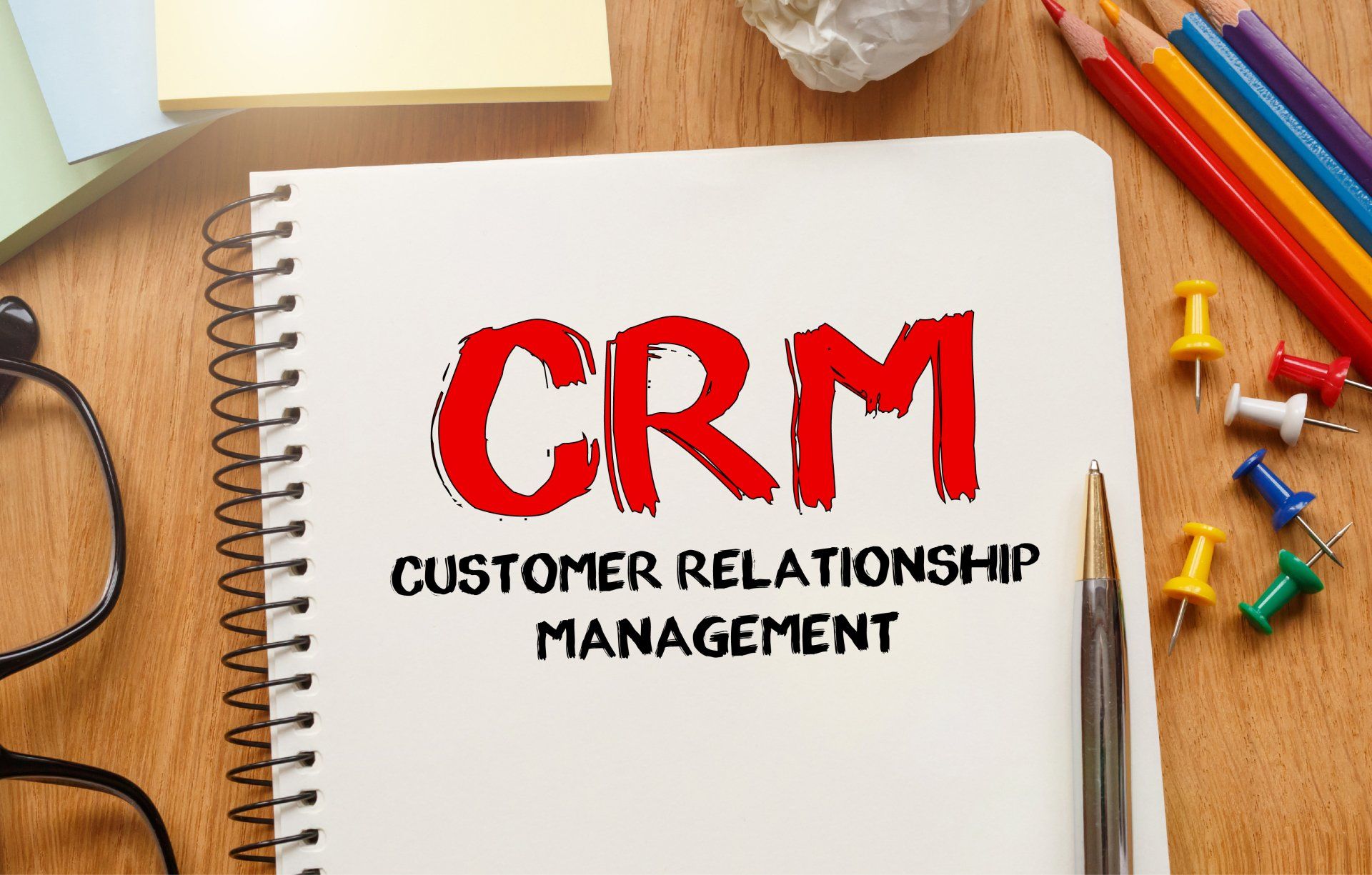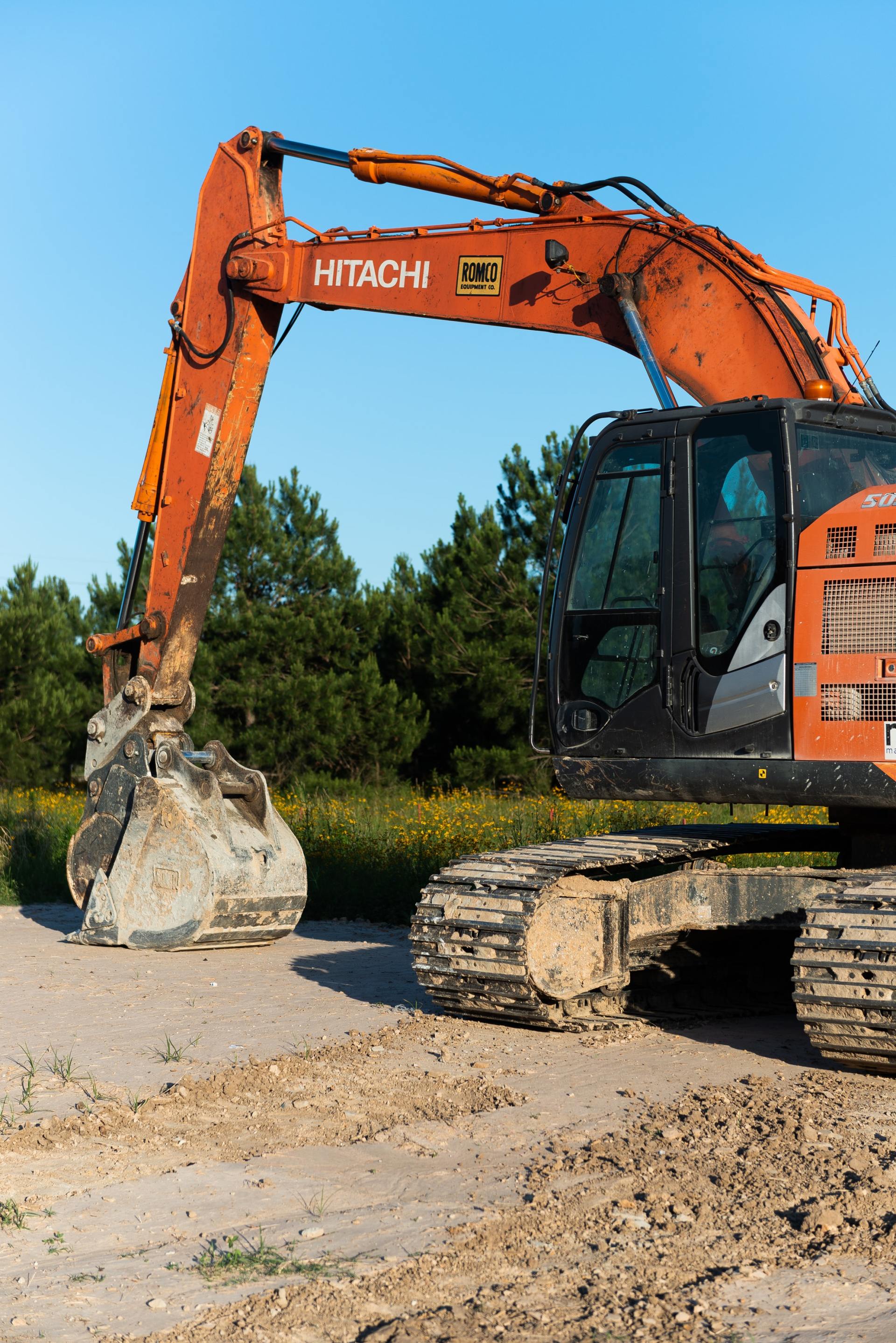What Work Can a Certified General Contractor in Florida Perform themselves?
The construction industry in Florida is governed by the Florida Legislature to protect public health and safety by regulat ing the industry and Florida general contractor license requirements . Construction licensing in Florida also covers the scope of work (and restrictions to the scope of work) that a Certified General Contractor (CGC) license holder is allowed to perform.
A Certified General Contractor needs to have an active license and can thereby enter into contracts to construct vari o us types o f building s and building alteration s in Florida. There are, however, some permissions and restrictions on a Certified General Contractor in Florida that govern the type of work that they are allowed to perform themselves. The difference here is that even though the Certified General Contractor could possess a contract for the work, they may not be able to perform all the work themselves because they do not have the appropriate state certificate for trade-specific work .
General Contractors Must Subcontract Some Trade Specific Work
In general, the basic requirement is that the general contractor will need to subcontract all plumbing, roofing, sheet metal, mechanical, electrical, swimming pool and air conditioning work. But, if they ho ld a state certificate or registration in the particular sub- trade category, they are not required to subcontract those tasks and can legally perform the work themselves . The converse also holds true, if the general contractor does sub-trade work for which t hey do not have a license, they may be disciplined for working outside of the scope of their license.
Structural and Site Work
A licensed Florida general contractor is responsible for a nd permitted to perform a lterations or construction on the structural component of a project including steel and concrete work. The licensed general contractor in Florida is also permitted to perform site work such as clear ing , grad ing, and excavat ion .
Roofing
In general, the roofing project will need to be subcontracted to a registered roofing contractor. The exception to this is the installation or repair of certain roof types that are still under warranty if the work is done on a new building that the general contractor constructed. For existing structures, a licensed Florida general contractor is not allowed to do roof repairs or maintenance. The only exception to this is in times of emergency where general contractors are given permission to help with roofing repairs.
Swimming Pool Construction
A licensed Florida general contractor does not have to subcontract structural swimming pool work, including work to the pool shell if it is deemed to be part of the structure. For all other swimming pool work, the project needs to be subcontracted to a registered pool contractor .
Florida General Contractors Working as Construction Manage rs
Whether working as a CMAR or CMA , i f the management of a construction site is overseen by a licensed certified general contractor in Florida , they can only oversee the activities of licensed sub contractor s. The general contractor cannot perform the work themselves ; the work must still be performed by a licensed individual or an entity that is properly qualified.
In summary, a Certified General Contractor i n Florida i s limited in the work that they can perform, and many tasks in a project will need to be subcontracted to an individual or entity that holds the correct sub-task license.
Contractors Reporting Services in Tampa, FL helps businesses in the construction industry with paperwork, licensing, and approval processes. This means that business owners can focus on building their business, rather than just trying to keep up-to-date with paperwork. Contractors Reporting Services can assist with license applications and renewals, end-of-year filing, financial stability reviews , credit reports and more. With over 50 years of experience in the industry, they are the right team to support your business and assist with all your Florida contractor license needs . Contact them for more.








Let Us Get Your Credit Report For You
Get the reports you need to show your financial stability to the state of Florida in order to obtain your General Contractor license.

GET IN TOUCH
COPYRIGHT ©2022-2025 | CONTRACTORS REPORTING SERVICES


